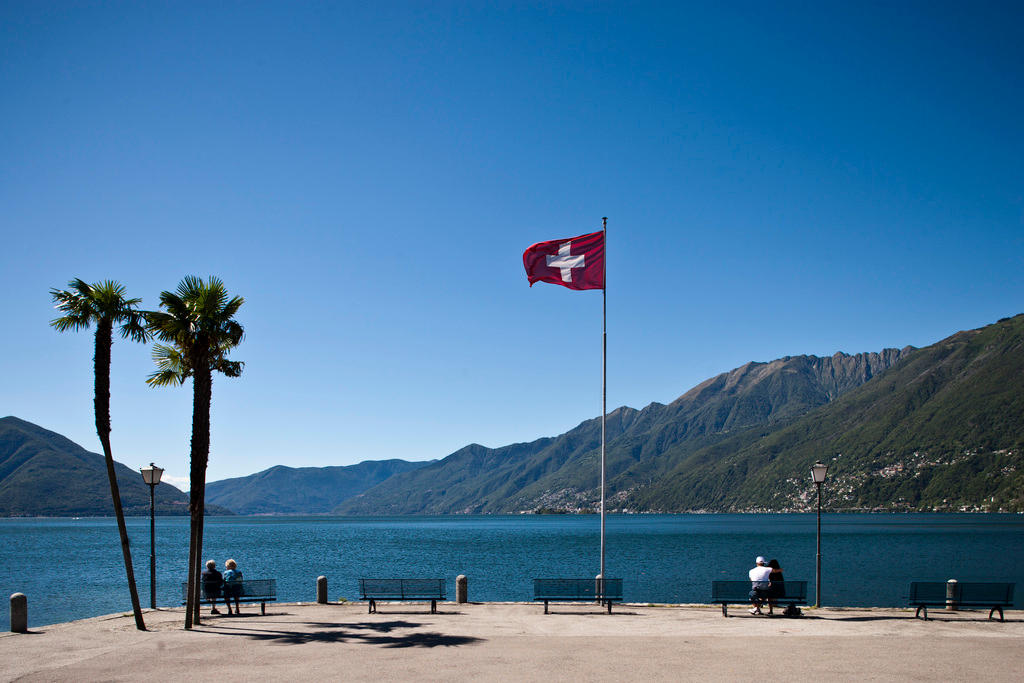
Survey finds Swiss-Germans more entrepreneurial

Swiss-Germans create 20% more companies than people from the French-speaking part of Switzerland, according to researchers in Zurich.
This is the case even if they have lived for a long time in a French speaking region, say the researchers from Zurich University and Federal Institute of Technology. The researchers therefore conclude that the difference is cultural and is handed down through generations, reports the NZZ am Sonntag newspaper.
It is also for reasons of culture that French-speaking Swiss stay unemployed for longer than their German speaking compatriots, according to another survey by researchers at the universities of Saint-Gallen and Lausanne. They found that it takes unemployed francophones on average seven weeks longer to find another job.
But Blaise Matthey, head of the Federation of Enterprises of French-speaking Switzerland, told Swiss broadcaster RTS that prejudices about the different regions of the country should be avoided. “The French-speaker takes less risks, works less, drinks more wine… I have been hearing these stupidities for 30 years,” he said.
“There are differences no doubt, but in general if you look at the ecosystems created around the Federal Institute of Technology in Zurich or the University of Geneva, they are both extraordinarily dynamic,” Matthey told RTS. “It would be prejudiced not to consider that they have the same value.”

More
Is there such a thing as ‘Latin Switzerland’?

In compliance with the JTI standards
More: SWI swissinfo.ch certified by the Journalism Trust Initiative

























You can find an overview of ongoing debates with our journalists here . Please join us!
If you want to start a conversation about a topic raised in this article or want to report factual errors, email us at english@swissinfo.ch.